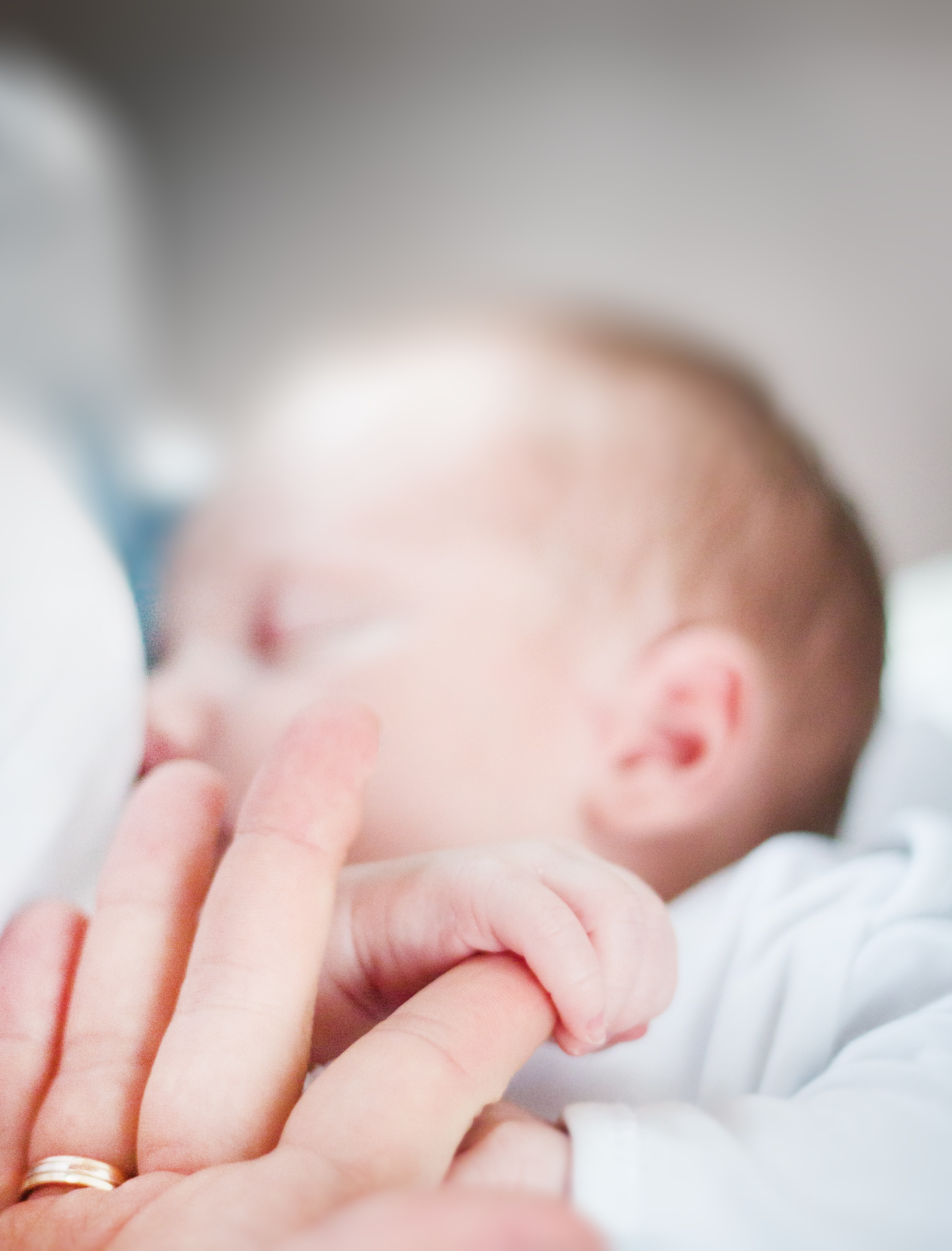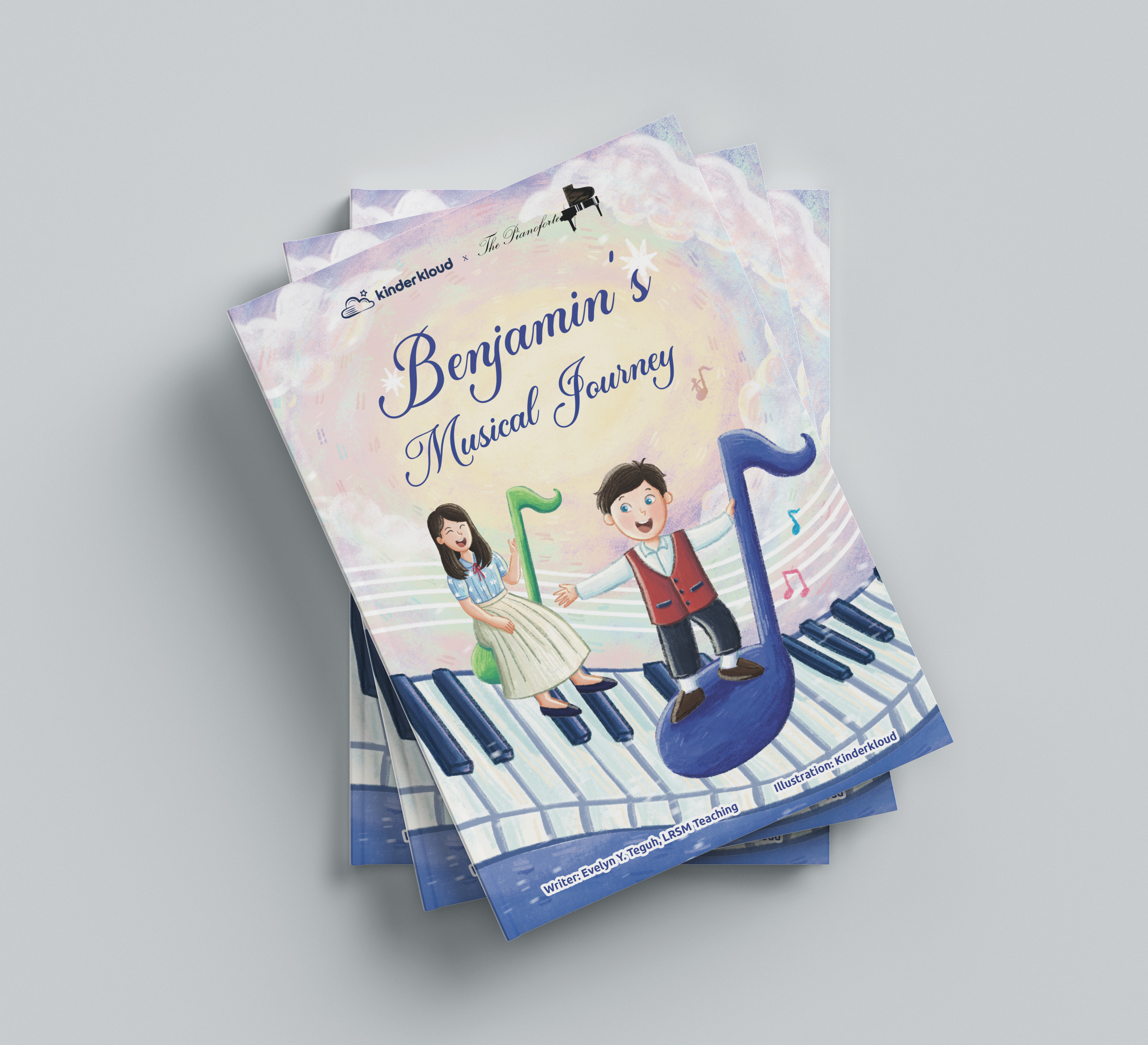About Baby Blues

Have you ever experienced a phase where you were tired and stressed when having a baby? You also experience wanting to do bad things when you have a baby. Are you sad, tired, stressed and frustrated when you just have a baby? Yep, you are not alone and what you are experiencing is also likely to be experienced by every parent who has just had a child. This phenomenon can also be caused by baby blues. Let's get to know more about Baby Blues.
What are Baby Blues?
Baby blues is a popular term for depression after having a baby. Furthermore, in clinical terms, baby blues are explained by the term Postpartum blues. Postpartum blues is a form of emotional disturbance due to adjustment to the birth of a baby, which appears on the first to the fourteenth day after delivery, with symptoms peaking on the fifth day (Perry et al 2020). Postpartum blues (baby blues), if it continues, will become Postpartum depression/disorder.
The CDC (Centers for Disease Control and Prevention) distinguish baby blues and postpartum depression by their time period and symptoms. While baby blues usually occur 2-3 days after giving birth with common symptoms, Postpartum depression is more than just having baby blues with an intensity of time starting from the first week to 1 year after giving birth or more. Postpartum depression is also accompanied by intense feelings of anxiety, loss of hope, and sadness. The following will be explained in the table below:
Source : https://www.cdc.gov/
Other facts show that postpartum blues can also start when the mother is pregnant. This is because, during pregnancy, a mother is experiencing psychological adjustment to her physical condition, psychology and family structure. Of course, as parents, we don't want these baby blues to continue into the postpartum depression phase.
Baby Blues Phenomenon
It turns out that baby blues are a very common phenomenon and are experienced by people who have babies. In developing countries, it was reported by WHO that around 19.8% of pregnant women experience depression after giving birth. According to data reported by the CDC (Centers for Disease Control and Prevention), every 1 in 8 mothers experience depression after giving birth. As many as 50% more pregnant women with depression do not get treatment. Of course, there are many risk factors that make the number of baby blues high.
Risk Factors for Postpartum Depression
According to the APA, women with a family history of postpartum depression, depression, anxiety, or bipolar disorder have a higher risk of developing postpartum depression. Other risk factors are:
- Stressful life events
- Finance, work, and environment
- Infertility or complicated labor
- Breastfeed difficulty
- Loss of loved ones
- The burden of caring for the baby
- Social isolation
- Teenagers or older mothers
- Negative thoughts on themselves
- The presence of unrealistic expectations
Do fathers also experience baby blues?
Even though mothers have the most potential to experience baby blues, it turns out that fathers can also experience baby blues. As the child's parent, fathers will have to adjust to the new role and of course with the presence of the child. In addition, if it is driven by other risk factors, it is possible that fathers can also experience baby blues.
Handling Baby Blues and Postpartum Depression
In clinical terms, if the baby blues are already in the postpartum depression phase, the appropriate clinical interventions are antidepressants (according to expert recommendations) and therapy. But there are proactive strategies to deal with baby blues in mothers. Here's the strategy:
- Create a plan containing set goals. This plan must be collaborative with the husband.
- Provide anticipatory and educational guidance regarding the realistic demands and lifestyle changes associated with parenthood.
- Encourage them to identify the personal support system they have.
- Educate the mother and her husband about the signs and symptoms of PPD.
- Teach them how to recognize signs or ideas of suicide.
- Provide emotional support for the mother and her family.
- Attend therapy sessions at home or group therapy.
By Salsabilatuzzahra Jaha S.Psi from the BehaviorPALS Center
Source :
CDC (2020). Identifying Maternal Depression Missed opportunities to support moms. Centers for Disease Control and Prevention. VS-May-2020-Maternal-Depression_h.pdf (cdc.gov)
McKelvey, M. M., & Espelin, J. (2018). Postpartum depression: Beyond the “baby blues”. Nursing Made Incredibly Easy, 16(3), 28-35.
baby blues, mother, newborn
Newborn 0 - 6 Months / Newborn 0 - 6 Bulan / Parenting / Pola Asuh / Family / Keluarga / About Baby Blues
Comments















